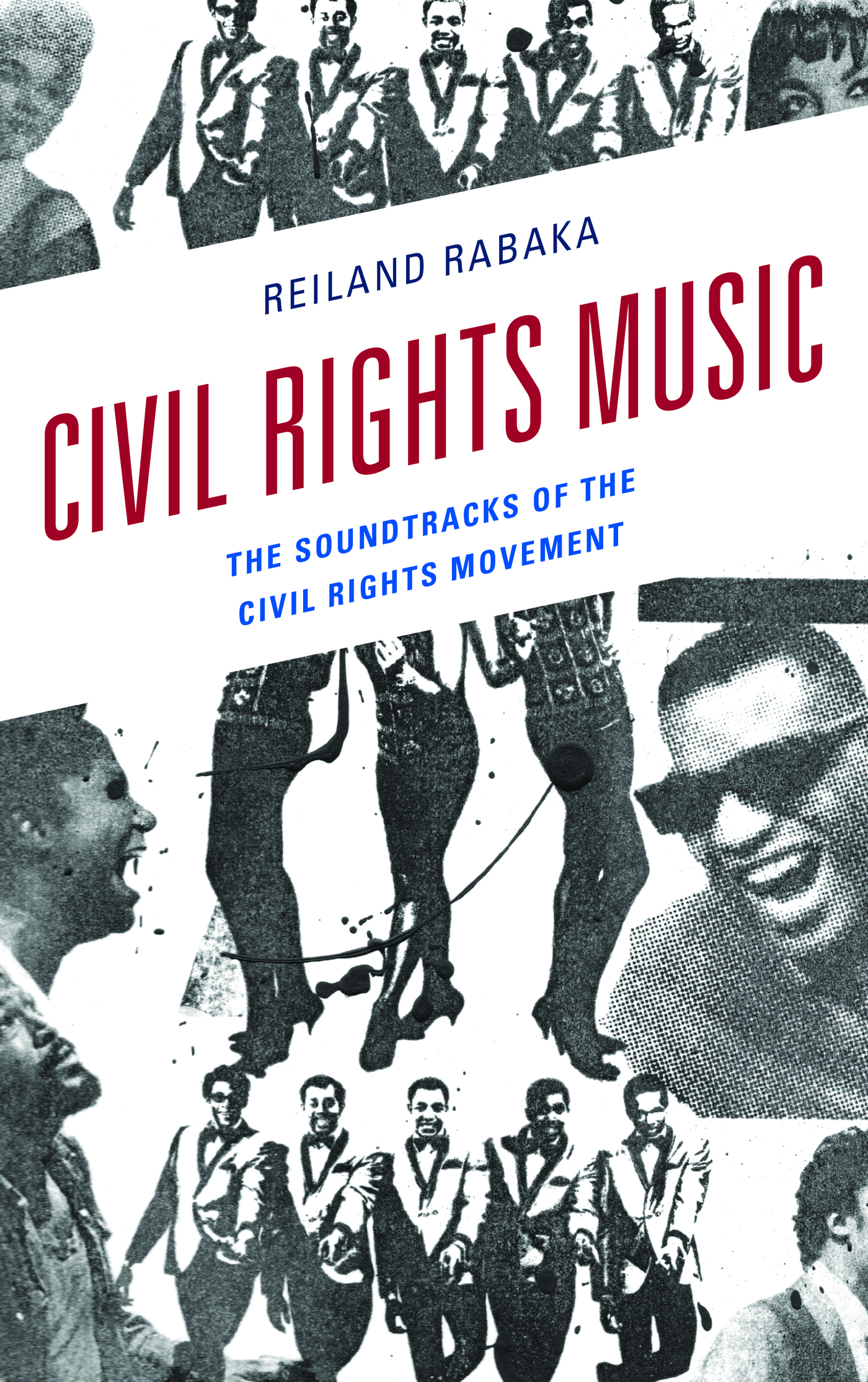Civil Rights Music
Civil Rights Music
The Soundtracks of the Civil Rights Movement
Reiland Rabaka
LEXINGTON BOOKS
Lanham Boulder New York London
Published by Lexington Books
An imprint of The Rowman & Littlefield Publishing Group, Inc.
4501 Forbes Boulevard, Suite 200, Lanham, Maryland 20706
www.rowman.com
Unit A, Whitacre Mews, 26-34 Stannary Street, London SE11 4AB
Copyright 2016 by Lexington Books
All rights reserved. No part of this book may be reproduced in any form or by any electronic or mechanical means, including information storage and retrieval systems, without written permission from the publisher, except by a reviewer who may quote passages in a review.
British Library Cataloguing in Publication Information Available
Library of Congress Cataloging-in-Publication Data
Names: Rabaka, Reiland, 1972
Title: Civil rights music : the soundtracks of the civil rights movement / Reiland Rabaka.
Description: Lanham : Lexington Books, 2016. | Includes bibliographical references and index.
Identifiers: LCCN 2016011898| ISBN 9781498531788 (cloth : alk. paper) | ISBN 9781498531801 (pbk. : alk. paper) | ISBN 9781498531795 (electronic)
Subjects: LCSH: Popular music--Political aspects--United States--History--20th century. | Civil rights movements--United States--History--20th century.
Classification: LCC ML3917.U6 R33 2016 | DDC 781.5/990973--dc23 LC record available at http://lccn.loc.gov/2016011898
 TM The paper used in this publication meets the minimum requirements of American National Standard for Information Sciences Permanence of Paper for Printed Library Materials, ANSI/NISO Z39.48-1992.
TM The paper used in this publication meets the minimum requirements of American National Standard for Information Sciences Permanence of Paper for Printed Library Materials, ANSI/NISO Z39.48-1992.
Printed in the United States of America
For the unsung singing soldiers of the Civil Rights Movement and their many musical heirs.
Lift Every Voice and Sing!: Acknowledgments
Lift every voice and singand march, and boycott, and protest, and sit-in, and freedom ride, and register to vote... a luta continua... ad infinitum. This book is humbly dedicated to the hundreds, perhaps the thousands, of unsung singing soldiers of the Civil Rights Movement. Their ideas and actions, their words and deeds, their passion and folk poetry inspired those within and without the movement and, truth be told, continues to do so up to the present moment. Although I am as enamored with the famous figures of the Civil Rights Movement as many others born in the aftermath of the movement, since I was a boy I have always held a quiet curiosity about the lives and struggles of the rank and filers and foot soldiers of the movement who solemnly marched, faced high-pressure fire hoses, the snarling fangs of police dogs, billy club beatings, jailings, shootings, lynchings, burning crosses, and the Ku Klux Klan all the while implicitly singing what they could not explicitly say as a consequence of American apartheid.
The singing marchers of the Civil Rights Movement did not merely inspire each other, but they also influenced and seemed to stir something deep within the more noted leaders of the movement. As this volume details, their voices, their songs, their powerful and poignant lyrics linger on and free-float through contemporary culture and society, but few today critically understand the origins and early evolution of why and how song (both sacred and secular) came to play such a pivotal role in the Civil Rights Movement. This book turns readers attention away from the famous figures of the movement to the rank and filers, foot soldiers, and seemingly forgotten figures of the Civil Rights Movement by focusing on the ways in which they captured and conveyed their collective views and values, as well as their heartfelt aspirations and frustrations, through various forms of black popular music, and specifically gospel, freedom songs, rhythm & blues, and rock & roll.
This book would not, and quite simply could not have been researched and written without the critical support of family and friends, as well as colleagues and comrades. Every word, sentence, paragraph, and chapter to follow bears the imprint of the diversealthough often antagonisticintellectual, cultural, and political arenas I draw from, and endeavor to establish deep discursive dialogue with. As a consequence, the list of academics, organic intellectuals, activists, archivists, institutions, and organizations to which I am deeply indebted is, indeed, enormous. Such being the case, I hope I may be forgiven for deciding that the most appropriate way in which to acknowledge my sincere appreciation is simply to list them below without the protracted praise each so solemnly deserves.
My deepest gratitude and most heartfelt asante sana (a thousand thanks) is offered, first and foremost, to my family: my mother, Marilyn Giles; my father, Robert Dean Smith; my grandmothers, Lizzie Mae Davis and Elva Rita Warren; my great aunt, Arcressia Charlene Connor; my older brother and his wife, Robert Dean Smith II and Karen Smith; my younger brother, Dwight Randle Wellington Clewis; my nieces and nephews, Journe Clewis, Dominique Clewis, Kalyn Smith, Robert Dean Smith III, Ryan Smith, and Remington Smith; and my innumerable aunts, uncles, and cousins throughout the Americas, the Caribbean, and Africa.
A book project as ambitious as Civil Rights Music would have been impossible without the assistance of colleagues and comrades, both far and wide. As I have said on several occasions, my work is a reflection of my family and friends, as well as the research and writings of academics and organic intellectual-activists alike, who have made their own distinct contributions to my lifework and broader conceptions of social transformation and human liberation. Early versions of chapters of this book have been presented as work-in-progress papers in lectures, seminars, workshops, conferences, and symposia at many colleges, universities, churches, mosques, synagogues, museums, community centers, and prisons over the past few years. I would be remiss if I did not openly acknowledge how much I have appreciated all of the responses, constructive critiques, and help that I have received in thinking through the innumerable issues involved in offering a simultaneous sociology and musicology/alternative history and critical theory of the Civil Rights Movement. I have benefited immeasurably from critical discussions, whether on large or small points. Therefore, I express my earnest appreciation to the following fine folk, who each in their own special way contributed to the composition and completion of this book: William E. Cross, Jr.; Lucius Outlaw; Fred Lee Hord (aka Mzee Lasana Okpara); William M. King; Rhonda Nicole Tankerson; Martell Teasley; Denise Lovett; Adam Clark; Elzie Billops; Patrick De Walt; Awon Atuire; LaNeice Littleton; De Reef Jamison; Lynn Johnson; Gesel Mason; James Conyers; Jeffrey Ogbar; Molefi Asante; Maulana Karenga; Christel Temple; Jaime Duggan; Daniel Black (aka Omotosho Jojomani); Danielle Hodge; the editorial board of the Critical Africana Studies book series (Martell Teasley, Christel Temple, and Deborah Whaley); the Association for the Study of African American Life and History (ASALH); the Association of Black Women Historians (ABWH); the Association for the Study of the Worldwide African Diaspora (ASWAD); the National Council for Black Studies (NCBS); the National Association for Ethnic Studies (NAES); the Critical Ethnic Studies Association; the Critical Race Studies in Education Association; the American Studies Association (ASA); the Association for the Advancement of Creative Musicians (AACM); the Black Artists Group (BAG); the Society for American Music (SAM); and the International Association for the Study of Popular Music (IASPM).
Next page

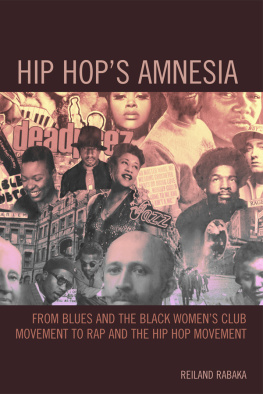
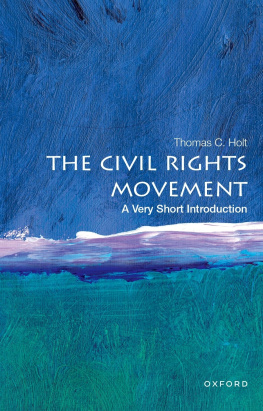

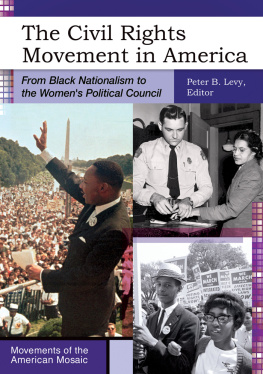
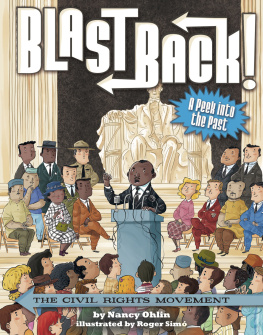
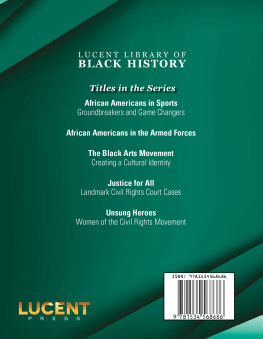
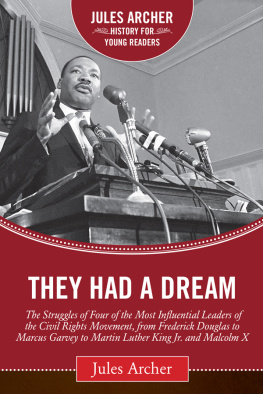

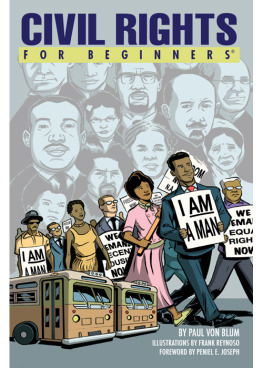

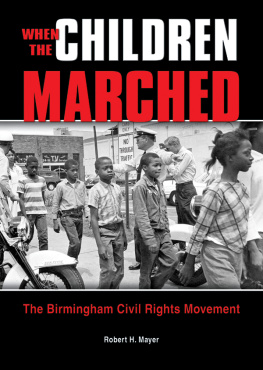
 TM The paper used in this publication meets the minimum requirements of American National Standard for Information Sciences Permanence of Paper for Printed Library Materials, ANSI/NISO Z39.48-1992.
TM The paper used in this publication meets the minimum requirements of American National Standard for Information Sciences Permanence of Paper for Printed Library Materials, ANSI/NISO Z39.48-1992.